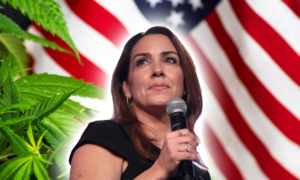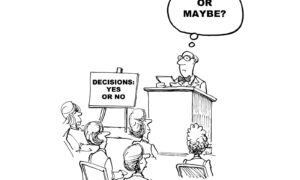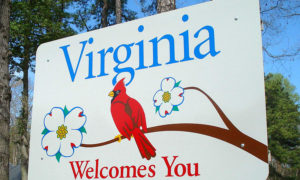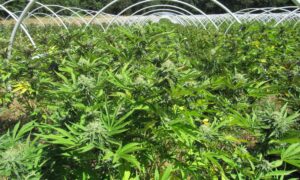From Monastery to Marijuana Marketplace: One CPA’s Journey
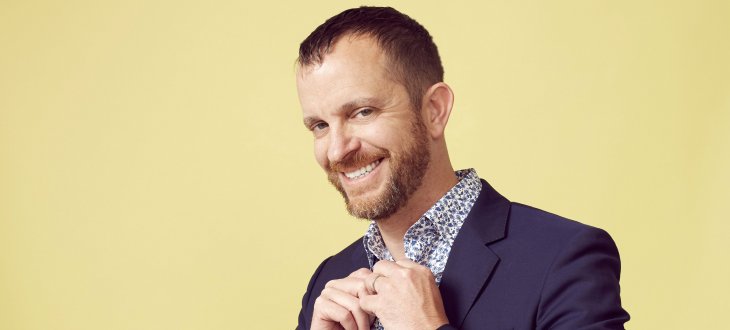
There’s the typical path to becoming a CPA, and then there’s Todd Arkley’s path
Editor’s Note: CPAs who plan to practice in this area are cautioned to familiarize themselves with the relevant state and federal laws governing the distribution, sale, and use of marijuana. CPAs are strongly advised to consult their state board of accountancy, the Code of Professional Conduct, and experienced legal counsel before any engagements involving such businesses. This article from NextGen Magazine reflects the opinions of the authors and not necessarily The CPA Journal, its editor, publisher, the NYSSCPA, its staff, or its leadership.
There’s the typical path to becoming a CPA, and then there’s Todd Arkley’s path.
Unlike many in his field, the Seattle-based CPA did not major in accounting, did not intern at an accounting firm and did not frantically try to balance getting an accounting job with finding time to study for the exam upon graduation. Arkley, in fact, had no business aspirations at all when he was in school and for many years after that.
While today Arkley is one of the foremost experts in the burgeoning legal marijuana industry, with clients drawn almost entirely from that sector, he was first an aspiring Zen Buddhist monk, then a landscaper, then an office manager and then a CFO. He acknowledged that his journey into the profession was a little unconventional.
“In college, I definitely was not, ‘Oh, I want to be an accountant,’ or even go into business school,” he said. His major at Pomona College in Claremont, Calif., was American Studies, with a focus on politics and literature.
Like many young graduates, Arkley left college with a question on his mind: What’s life all about? He thought perhaps he could answer this question through spiritual exploration. He traveled to San Francisco to enroll in the San Francisco Zen Center, which eventually led him to take up residence at a monastery in Carmel Valley.
“I thought, ‘Well, I’ve got nothing else going on’—it was my early 20s,” he said.
Arkley spent the next two years studying, meditating and doing various chores to earn his keep, including landscaping and farming. Through this experience, he found that he liked working outside with plants. He didn’t take the formal steps of becoming a monk and ultimately left the monastery because he decided that he had gone as far as he could at the time in his spiritual studies, and it was time to move on. He relocated to Seattle, where he leveraged his experience to get a landscaping job. While the work itself was satisfying, he noted that Seattle has extremely dreary winters. It was one of Seattle’s rainiest winters in years, and he began doubting whether this was what he wanted to do with his life. When he brought this up to his supervisor, he was told that the current office manager-accountant was leaving, so Arkley said he would like to do that instead.
“It really lit the spark—this is really interesting—and [I] started taking [accounting] classes at the community college, and that’s where it started,” he said. “[At first I] wanted to get out of the rain, but it really did click, and I said, ‘Yeah, this is something I really like.’”
He worked as the landscaping firm’s accountant for a few years and then, looking for new challenges, found a temp job at a law firm that quickly turned into an office manager job, where he was responsible for all the billing and accounts payable. He learned everything he could there and then moved on to another law firm, where he eventually became CFO. In 2010, while he was CFO, he studied for and took the CPA exam—a process that took up every evening and weekend for more than half a year—and got his license.

He left the firm in 2013 and planned to take about a year off to figure out what it was he wanted to do. Voters in Washington state had passed a ballot initiative legalizing marijuana for recreational purposes in November 2012, but, because of licensure requirements, there wasn’t yet much of an industry at the time. Arkley realized that this was a great opportunity to get in on the ground floor of an industry he knew would be taking off in a very short time.
“The way it really was, it was one of those cliché things: I was, like, ‘Legal cannabis! They need CPAs!’” he said.

